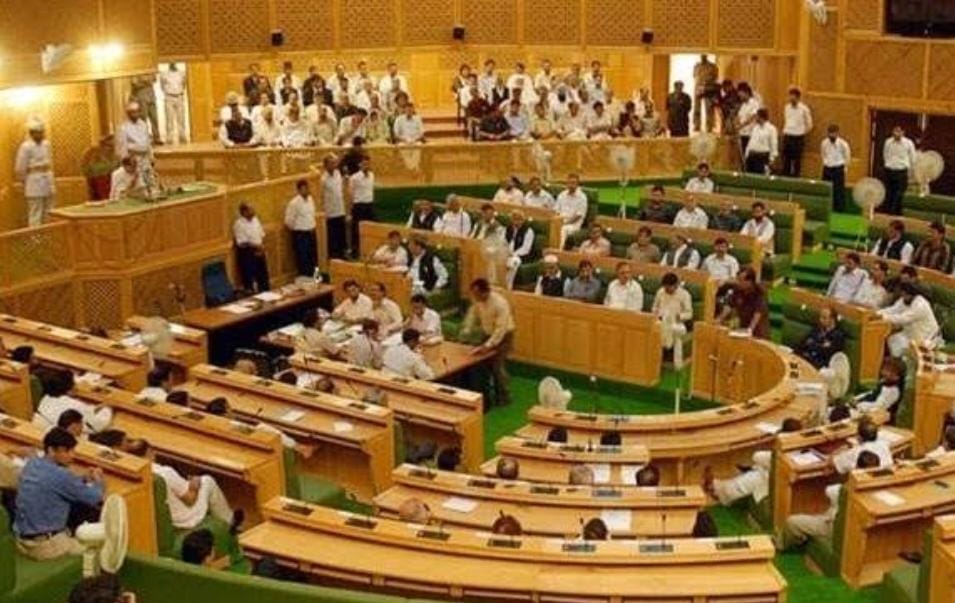
After the BJP MLAs were marshaled out of the house for illegally entering the well of the house, the Jammu Kashmir assembly resumed normal functioning on Friday morning.
During the last day’s discussions, several members including MLA Handwara, Sajad Gani Lone highlighted the new verification rules and said they were creating several problems for ordinary Kashmiris.
The Peoples Conference leader Sajad Lone said, “There are countless instances where eligible candidates were denied jobs because someone in their extended family had a record with the police. Earlier the verification would involve parents at the maximum, now if anyone in the distant family has allegations of anti-national activities, they are denied jobs and passports.”
Unlike the national standard of vetting only the individual, Jammu Kashmir’s system scrutinizes entire families, he claimed.
Lone also pointed out that these rules apply to passports. “I was denied a passport for five years, but that’s another story,” he remarked, emphasizing how this system intensifies frustration among young people.
Following 2018, Jammu and Kashmir’s administration introduced a stringent verification process that automatically disqualifies individuals from government jobs or passports if any close or distant relative has ties to separatism, stone pelting, or militancy.
Congress legislator Nizamuddin Bhat brought up the case of Sabia Mushtaq, an orphan and an English literature scholar. “She was selected twice as a lecturer on open merit,” Bhat noted. “However, her appointment was canceled both times because her younger brother, a minor, had once faced allegations of stone pelting. Despite the court clearing his name, she was still denied the position.”
MLA Bandipora also mentioned the case of journalist Sajad Gul, who was recently released after being detained under the Public Safety Act. “His brother, a PhD scholar, was barred from joining his position due to the prevailing service verification rules,” he added.




